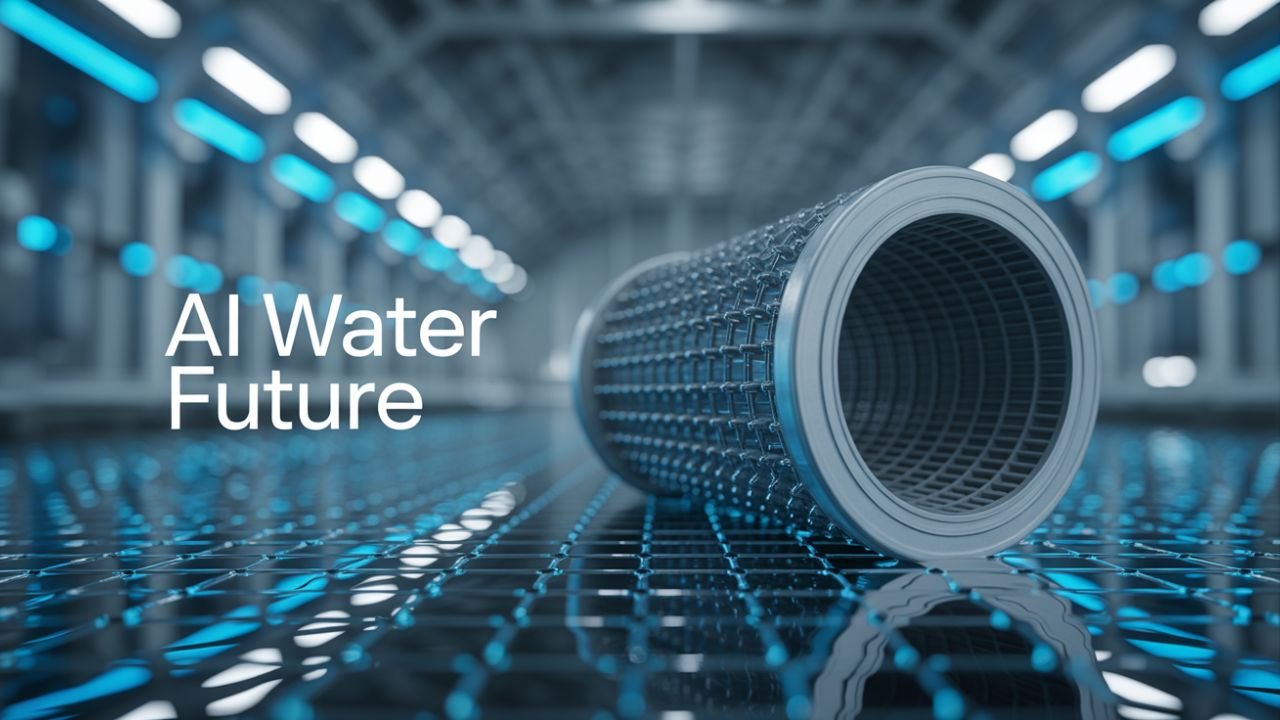Wastewater treatment is a very important process for the protection of human life and the environment. In a rapidly developing country like India, there are various types of sewage treatment plants in operation that remove harmful elements from dirty water and make it suitable for re-release into the environment. These plants use primary clarifiers for removing solid waste, aeration systems for oxygen supply, biological reactors, sludge dewatering systems, and ultra-filtration and reverse osmosis technologies for advanced purification.
However, technology is constantly changing and in the coming years, Artificial Intelligence (AI) and Machine Learning (ML) will prove to be the biggest game changer in the field of wastewater management. These technologies will not only make the processes faster and more efficient, but will also make them environmentally friendly and cost-effective.
AI and ML: Revolutionizing Wastewater Treatment
Today, AI and ML are being used in many industries to increase efficiency and optimize resources, and wastewater treatment is no exception. Machine learning is based on algorithms that can learn from data and make predictions or decisions, that too without any explicit programming.
These technologies are being used in wastewater management mainly in the following areas:
- Process optimization: AI algorithms analyze huge data of influent and effluent quality to improve treatment processes, thereby reducing energy consumption and increasing performance.
- Improving resource utilization: AI makes it possible to use chemicals and energy more precisely, thereby reducing costs and reducing the burden on the environment.
- Predictive maintenance: By analyzing sensor data, AI can predict when a device may fail, preventing damage by timely repairs.
Key benefits of AI and ML
The use of AI and ML in wastewater treatment plants offers several major advantages:
- Cost reduction: Operational costs are reduced by preventing unnecessary chemicals and energy waste.
- Increased efficiency: Real-time monitoring and control keeps processes fast, accurate, and consistently effective.
- Sustainability: Reduced use of energy, water, and chemicals protects the environment.
- Improved water quality: Continuous monitoring ensures the production of pure water, which is important for public health.
Challenges and Solutions: Barriers to AI and ML Adoption
Although these technologies are highly beneficial, there are some challenges in their adoption:
- Need for quality data: AI is effective only when the data is accurate. For this, better data infrastructure is necessary.
- Technical expertise: Personnel trained in data science, machine learning and cybersecurity will be required.
- Cybersecurity: It is important to ensure the security of sensitive data so that any kind of cyber threat can be avoided.
- Integration with existing structures: Implementing new technologies in old plants can be challenging, for which planned investment and collaboration is necessary.
The full benefits of AI and ML can be reaped only by solving these challenges in time.
Future: Towards smart and sustainable wastewater management
In the coming times, AI and ML will form the basis of smart water treatment plants. Real-time data analysis, automated control systems, resource recovery (such as reuse of nutrients and energy) and seamless integration into the urban ecosystem will be part of these.
Predictive maintenance and equipment management will reduce downtime and reduce operational costs. Also, these technologies will help make our cities water-sensitive and environment-sensitive.
Conclusion: Safer water future with intelligent technology
AI and ML are no longer just a part of future plans, but are also being successfully used in many plants at present. From sludge dewatering to increasing the efficiency of filter presses, AI-based solutions are modernizing every aspect of wastewater treatment.
Adopting these technologies will not only reduce the cost of water purification, but we will also be able to conserve our natural resources. These technologies will prove to be the key to a smart, sustainable and safe water future in the years to come.
